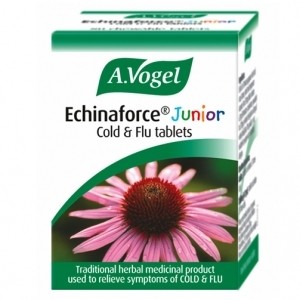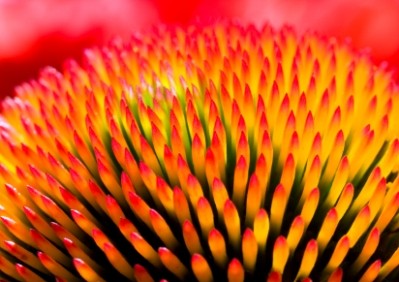Industry response - NHS report on food supplements
Supplements – Who needs them? Er, around 85% of working adults, say stats

In backing ‘regular’ dietary sources for key nutrients, the NHS report then questioned supplement safety and scientific backing, stating there often did not exist enough “robust research” and “robust testing”.
“Overall it is clear that we may be placing our hope in products that require far more testing,” the report, called ‘Supplements – Who needs them?’, concluded.
The UK Health Food Manufacturers' Association (HFMA) pointed to UK Food Standards Agency (FSA) statistics that showed only 13% of men and 15% of women aged 19 to 64 ate the government-recommended five portions of fruit and vegetables every day.
“In an ideal world, our diet would provide us with all the vitamins and minerals that our body needs,” said HFMA executive director Graham Keen.
Enviable record
“But evidence from the National Diet and Nutrition Survey shows that a significant proportion of the UK population simply doesn’t achieve nutritional sufficiency through diet alone.”
Keen pointed to FSA research that showed only 11 adverse reactions to food supplements over an 11 year period, "the majority of them in the lowest category of harm. Compared to other foods or medicines, food supplements have an enviable record.”
He added: “One must remember that the natural health industry and HFMA members already operate in one of the toughest regulatory environments in the world. A high level of consumer protection is already ensured by the UK’s regulatory and enforcement agencies, including the Advertising Standard Authority (ASA) which protects consumers from misleading claims, the Medicine and Healthcare products Regulatory Agency (MHRA) which regulates medicinal claims, and Trading Standards which carries out local enforcement.”
Jayney Goddard, president of the Complementary Medical Associationresponded to the report finding that, “There is no compelling evidence that fish oils boost brainpower or memory in adults or children” by highlighting peer review research published in journals like the Alzheimer's Association journal.
She concurred with Keen in observing: “The best solution for most people is to eat as healthy a diet as possible, combined with other health-related lifestyle changes. However, daily supplements provide important nutritional insurance for millions of users looking to safeguard their nutritional intake.”
Keen pointed to examples like that of Echinacea to battle colds, which had been backed in a Cochrane meta analysis, and referenced in the NHS report. That report can be found here.
Flawed
Julie Hayward, the executive secretary of the UK Council for Responsible Nutrition (CRN), said the NHS suggestion that adequate nutrition could be achieved through a balanced diet, “is flawed.”
“Although in theory we can, evidence shows that in the UK, we don’t,” she said.“The evidence is government-generated and recent data shows that there are many population groups who are deficient. I am a little surprised that the NHS did not refer to this data.”
European and international trade groups backed the position of their UK counterparts.















